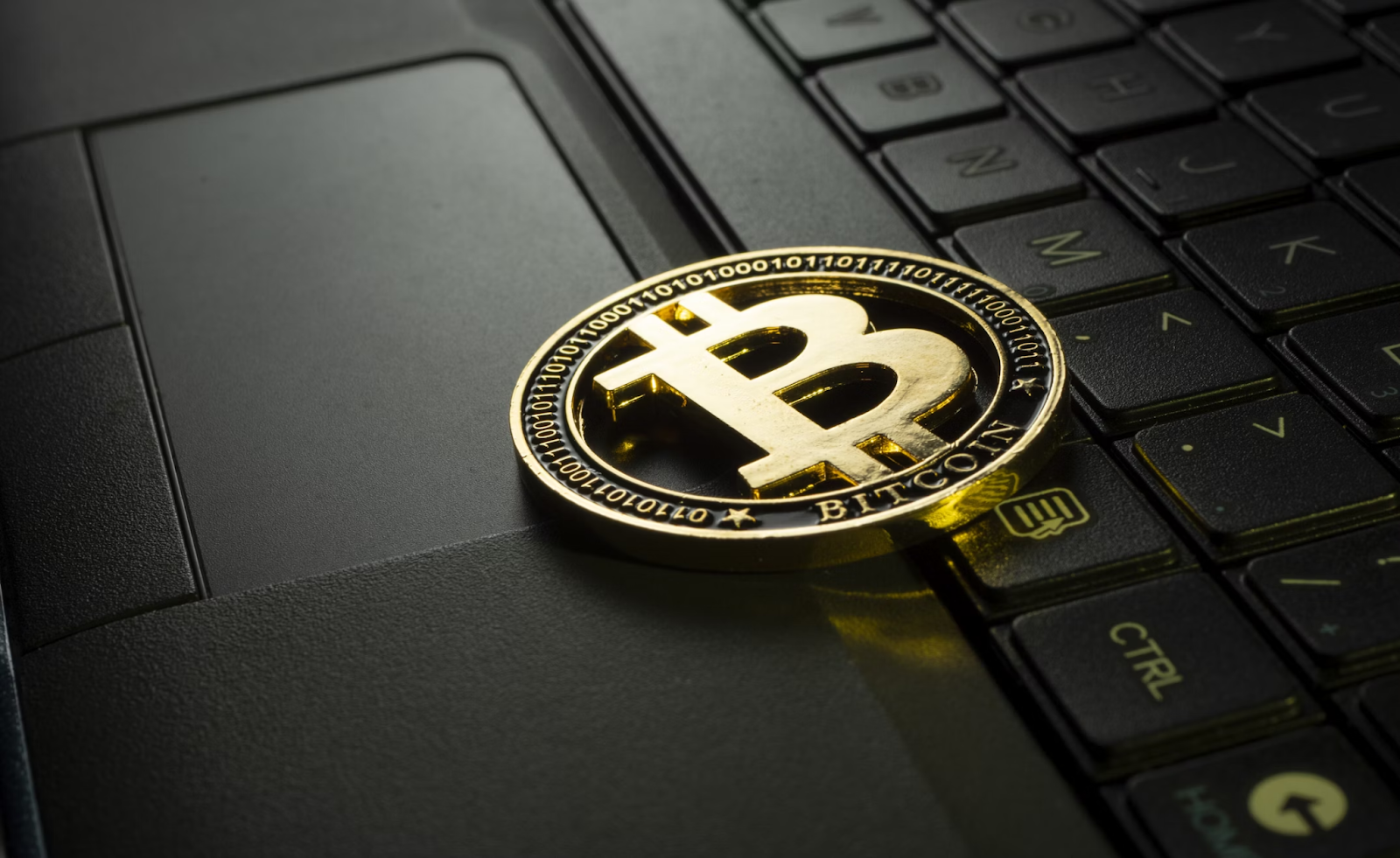Critics often try to take down cryptocurrencies like Bitcoin down by saying that they have no real-world use. However, if you’re invested in this sector as much as we are, then you cannot imagine that because you are aware that Bitcoin and the other digital currencies can be used for multiple purposes.
Soon after Bitcoin was first introduced on the market, Satoshi Nakamoto said that the real trick of the digital asset becoming successful is for the public to value it. Bitcoin was launched in a narrow niche, in a time when blockchain-based currencies were used to make donations, micropayments for questionable services, and gain reward points. However, enough people believed in the real-world use cases of Bitcoin, and the asset became a self-fulfilling prophecy.
The industry unveiled use cases beyond critics’ imagination in the years following Bitcoin’s inception, and it’s time to list them to help those who want to add it to their portfolios figure out if it’s a good fit.

Image source https://unsplash.com/photos/silver-and-black-round-emblem-NHRM1u4GD_A
Digital Payments and Remittances
One of Bitcoin’s most prominent use cases is in digital payments and users often check the btc price usd and swap traditional currencies for Bitcoin. Traditional payment systems, especially for international transfers, can be slow, expensive, and inefficient but Bitcoin offers a decentralized alternative that enables peer-to-peer transactions without intermediaries like banks or payment processors.
Cross-Border Remittances: Bitcoin is increasingly used for remittances, particularly in regions where banking infrastructure is lacking or expensive. For example, many migrant workers use Bitcoin to send money home to their families. By bypassing traditional banking systems, they can avoid high fees and long processing times. This is particularly significant in countries with high remittance costs like those in sub-Saharan Africa.
E-commerce: Online merchants are also adopting Bitcoin as a payment method because it offers lower transaction fees compared to credit cards and provides an option for customers who prefer using digital currencies. Major companies like Microsoft and Overstock accept Bitcoin, reflecting its growing acceptance in mainstream commerce.
Store of Value and Digital Gold
Bitcoin is often referred to as “digital gold” due to its properties as a store of value. Unlike fiat currencies, which can be subject to inflation and devaluation, Bitcoin has a fixed supply of 21 million coins, and its scarcity, combined with its decentralized nature, makes it an attractive hedge against traditional financial instability.
Inflation Hedge: In countries experiencing hyperinflation or economic instability, Bitcoin offers an alternative means of preserving wealth. For instance, in Venezuela and Zimbabwe, where local currencies have faced severe devaluation, people have turned to Bitcoin to protect their savings.
Investment Asset: Institutional investors are also recognizing Bitcoin’s potential as a store of value. Companies like Tesla and MicroStrategy have added Bitcoin to their balance sheets, viewing it as a long-term investment. This trend is further legitimized by the launch of Bitcoin exchange-traded funds (ETFs) in various countries, providing easier access for traditional investors.
Decentralized Finance (DeFi)
The rise of decentralized finance (DeFi) has created new use cases for Bitcoin within the blockchain ecosystem. DeFi refers to financial services that operate without central authorities, leveraging smart contracts on blockchain networks to offer services such as lending, borrowing, and trading.
Bitcoin as Collateral: In DeFi platforms, Bitcoin can be used as collateral for loans which allows Bitcoin holders to access liquidity without selling their assets.
Yield Farming: Bitcoin holders can participate in yield farming, where they provide liquidity to DeFi protocols in exchange for rewards. This generates passive income and further integrates Bitcoin into the broader DeFi ecosystem.
Financial Inclusion
Bitcoin has the potential to promote financial inclusion, particularly in regions with limited access to traditional banking services. According to the World Bank, approximately 1.7 billion adults remain unbanked globally, but Bitcoin can help bridge this gap by providing a decentralized and accessible financial system.
In countries with low banking penetration, Bitcoin offers a way for individuals to participate in the global economy. With just a smartphone and internet access, people can store, send, and receive Bitcoin, thus accessing financial services previously unavailable to them.
It also enables micropayments, which are small transactions often impractical with traditional payment systems due to high fees. This is particularly useful for content creators, online services, and microtransactions in gaming, where small payments can accumulate into significant earnings.
Supply Chain and Provenance
Blockchain technology, with Bitcoin as its pioneer, can improve supply chain transparency and traceability by recording every transaction on a public ledger and ensuring the authenticity and origin of products.
Tracking and Verification: Companies are using blockchain to track products from their origin to the consumer. This is particularly valuable in industries like food and pharmaceuticals, where authenticity and traceability are crucial. For example, IBM’s Food Trust blockchain leverages Bitcoin’s principles to track food items and ensure their safety and quality.
Anti-Counterfeiting: Blockchain helps combat counterfeiting by providing a tamper-proof record of product history. Luxury brands and electronics manufacturers are adopting blockchain to verify the authenticity of their products, ensuring that customers receive genuine items.
Charitable Donations and Crowdfunding
Bitcoin is transforming the way charitable donations and crowdfunding are conducted. Its transparency, security, and global reach make it an ideal tool for these purposes.
Charitable organizations can use Bitcoin to enhance transparency. By tracking donations on the blockchain, donors can see exactly how their contributions are being used, building trust and accountability. Bitcoin also allows for borderless crowdfunding, enabling projects to attract support from around the world.
Smart Contracts and Legal Agreements
Although Bitcoin itself does not support smart contracts to the same extent as Ethereum, it has paved the way for innovations in automated and decentralized legal agreements.
Bitcoin’s multisignature (multisig) feature allows for more complex transaction authorizations. For instance, funds in a multisig wallet can require multiple approvals before a transaction is executed. This is useful for business partnerships and joint accounts, adding an extra layer of security. Technologies like the Liquid Network and RSK are enabling smart contract functionalities on Bitcoin through sidechains. These sidechains enhance Bitcoin’s capabilities by allowing more complex transactions and programmable agreements.
Energy and Mining Innovations
Bitcoin mining, the process by which new bitcoins are created and transactions are validated, has faced criticism for its energy consumption. However, this challenge is driving innovations in renewable energy and efficient mining practices. Companies are setting up mining operations in regions with abundant hydroelectric, solar, or wind power, reducing the environmental impact and lowering costs. Bitcoin mining can help stabilize energy grids by using excess energy that would otherwise go to waste.
Education and Research
Bitcoin is also influencing education and research, driving advancements in blockchain technology and financial literacy. Universities and research institutions are studying Bitcoin to understand its impact on economics, technology, and society which can drive innovation and new applications in various fields, from computer science to economics.
Bitcoin is promoting financial literacy by encouraging people to learn about money, investments, and the principles of decentralized finance.








